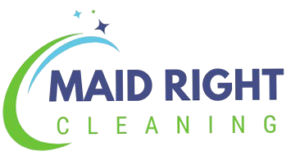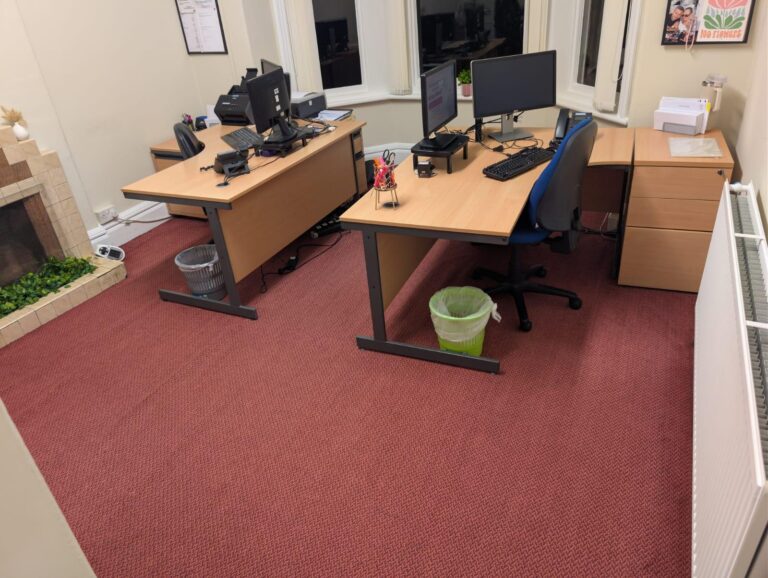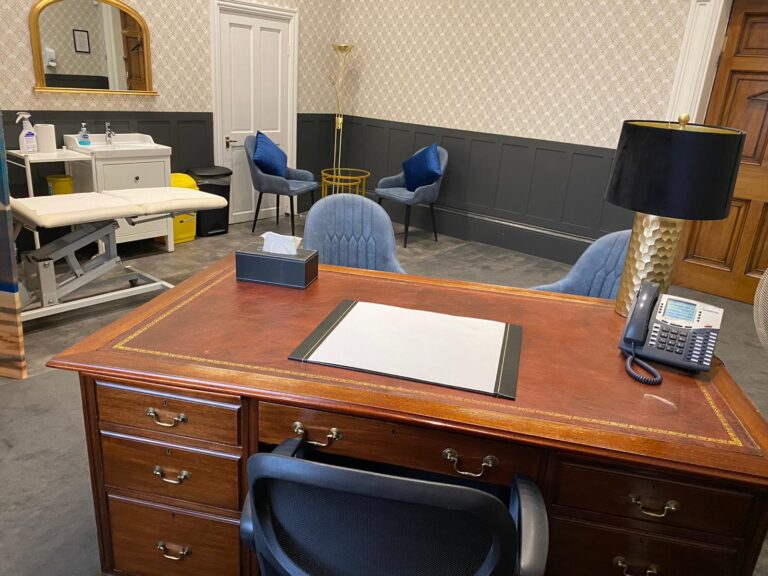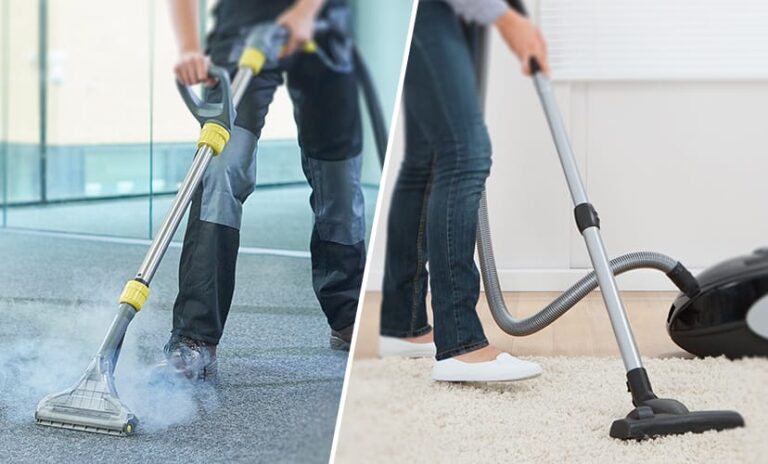A clean office is a safe, healthy, and productive office! A recent UK survey revealed that 41% of employees feel more productive in a tidy workspace; 21% admitted that having a cluttered desk somehow increases their workload, and the rest 20% said a messy desk affects their ability to work at all.
The survey and many others clearly state the significance of a clean office. Another undenying fact is professional cleaning has far more benefits than your daily office cleaning regime. While regular cleaning can help maintain surface-level cleanliness, professional office cleaning goes beyond. Companies offering office cleaning services in Liverpool ensure not only the removal of dust and clutter, but also the elimination of deep-seated dirt, germs, and allergens, creating a healthier and more productive work environment.
But how often do you get your office cleaned professionally? Should you get it cleaned daily, weekly, monthly, or a few times a year?
Well, deciding on the ideal frequency for professional cleaning depends on several factors. As one of the top office cleaning companies in Liverpool, we have created this guide to help you determine the optimal cleaning frequency for your offices.
Factors That Affect Frequency Of Commercial Cleaning
There are several factors to consider when determining how often you should opt for professional office cleaning services. These are:
-
Office Size and Layout
The first key factor to consider is the size and layout of your office space. A larger office space will require more time and effort to make it tidy and clean effectively. Open-plan, vast spaces may need more frequent cleaning due to the increased potential for dust and debris accumulation.
In addition, offices with multiple cubicles, rooms, or shared workstations may need extra attention to ensure all areas remain clutter-free and sanitary. Further, high-traffic common areas, such as meeting rooms, and break-rooms can quickly become messy and need regular cleaning.
-
Industry and Nature of Work
Some industries, like healthcare and food service, must follow strict hygiene rules. Hence, they need more frequent cleaning to meet safety regulations. Offices that have many visitors or high foot traffic should also be cleaned more often to keep a good impression.
Regular offices may need routine dusting and sanitising, while workshops or factories often require deep cleaning to handle grease, chemicals, or other hazardous substances. Following industry cleaning standards helps businesses stay compliant, keeps employees healthy, and reassures customers.
-
Number of Employees and Visitors
The more people in your office, the quicker dirt, dust, and germs build up. If your workspace is busy with employees and visitors coming in and out, you will need to clean more often to keep it fresh and tidy. Shared offices, like coworking spaces, need even more frequent cleaning since multiple people use the same desks, equipment, and common areas.
In addition, offices that often welcome clients or business partners should stay clean and well-organized to make a great first impression and show professionalism.
-
Specific Cleaning Needs
Does your office have any special cleaning requirements? For example, if you have carpets, they may need frequent vacuuming, and surfaces that are touched often, like door handles and keyboards, might require regular disinfection. Think about these specific needs when deciding how often to clean. Offices with glass walls, fabric-covered furniture, or air conditioning units may need extra attention to prevent dust buildup and keep the air fresh.
Also, businesses dealing with confidential documents or delicate equipment should have careful cleaning procedures to avoid damage or security risks.
Recommended Cleaning Frequencies
The best cleaning schedule depends on each office’s needs. Here are some general guidelines:
- Daily Cleaning: Busy areas like restrooms, break rooms, and reception areas should be cleaned every day to keep them hygienic and free from dirt and germs. This includes tasks like taking out the trash, wiping surfaces, and sanitizing restrooms.
- Weekly Cleaning: A deeper cleaning once a week helps tackle dirt and dust that build up over time. This may involve vacuuming and mopping floors, dusting furniture, cleaning windows, and emptying recycling bins.
- Monthly or Bi-Monthly Cleaning: Some tasks, like deep-cleaning carpets, polishing floors, and cleaning upholstered furniture, don’t need to be done as often. Scheduling them once a month or every other month helps maintain a fresh and professional workspace.
Signs Your Office Need More Frequent Cleaning
- Unpleasant Odours: Lingering smells may indicate bacteria or mould, requiring regular cleaning and disinfection.
- Employee Complaints: Concerns about office cleanliness should be taken seriously, prompting a review of the cleaning schedule.
- Visible Dirt and Clutter: Overflowing trash cans, dust buildup, and messy common areas signal the need for more frequent cleaning.
- Health Issues: More sick days or allergies could be due to poor hygiene—frequent cleaning helps maintain a healthier workspace.
Conclusion
Maintaining a clean office is essential for a healthy, productive, and professional work environment. The right cleaning schedule depends on your office size, industry, and specific needs. For reliable and expert office cleaning services in Liverpool, trust Maid Right UK. Our professional cleaning team ensures your workspace stays spotless, hygienic, and welcoming for employees and visitors alike.




